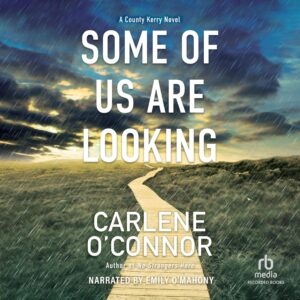 Some of Us Are Looking: County Kerry, Book 2 by Carlene O'Connor
Some of Us Are Looking: County Kerry, Book 2 by Carlene O'Connor Narrator: Emily O'Mahony
Series: County Kerry #2
Published by Kensington on October 24, 2023
Genres: Mystery
Length: 12 hours 6 minutes
Format: Audio, Audiobook
Source: Audible
Buy on Amazon, Buy on Bookshop
This post contains affiliate links you can use to purchase the book. If you buy the book using that link, I will receive a small commission from the sale.
Goodreads
In late summer, the Dingle peninsula is thronged with tourists drawn to County Kerry’s dark mountains and deep, lush valleys. For Irish vet Dimpna Wilde, who has returned to run her family’s practice after years away, home is a beautiful but complicated place—especially when it becomes the setting for a brutal murder . . .
In Dimpna Wilde’s veterinary practice, an imminent meteor shower and the watch parties that are planned all over Dingle have taken over the usual gossip. But there are also matters nearer at hand to discuss—including the ragtag caravan of young people selling wares by the roadside and the shocking death of Chris Henderson, an elderly local, in a hit-and-run.
Just hours before his death, Henderson had stormed into the garda station, complaining loudly about the caravan’s occupants causing noise and disruption. One of their members is Brigid Sweeney, a beautiful young woman who later turns up at Dimpna’s practice, splattered in blood with an injured hare tucked into her jacket, claiming that a mysterious stranger has been trying to obtain a lucky rabbit’s foot.
Matters worsen on the night of the meteor shower when Dimpna finds Brigid’s dead body tied to a tree, a rabbit’s foot tied to her severed left hand. The rabbit’s foot, the severed hand, the coinciding meteor shower—the deeper Dimpna and Detective Inspector Cormac O’Brien investigate, the more ominous the signs seem to be, laced with a warning that Dimpna fears it will prove fatal to overlook.
This mystery was interesting for its inclusion of an unsolved true crime story, Who put Bella in the wych elm? The plot had quite a few threads, and O’Connor managed to tie them all together in the end. I appreciated the intricately laid clues. I don’t like it when I read a mystery and feel a bit cheated because it wasn’t possible to figure out, but I also want it to be a bit of a challenge. I also appreciate when the victims are complicated as well.
I appreciate the characters and setting in this series. While I enjoy her cozy mystery series, Murder in an Irish…, I think I like this series even better. I’ll definitely keep reading the series. When my sister and I visited Ireland last summer, Kerry was one of our favorite places, and even though we didn’t make it to Dingle, it has been enjoyable to return to this beautiful place in Carlene O’Connor’s books.
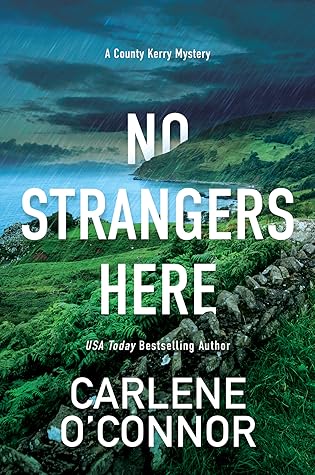 No Strangers Here by
No Strangers Here by 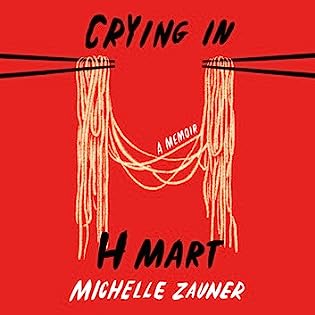 Crying in H Mart by
Crying in H Mart by 
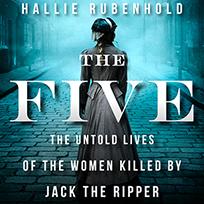 The Five: The Untold Lives of the Women Killed by Jack the Ripper by
The Five: The Untold Lives of the Women Killed by Jack the Ripper by 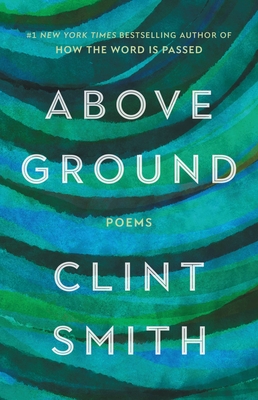 Above Ground by
Above Ground by 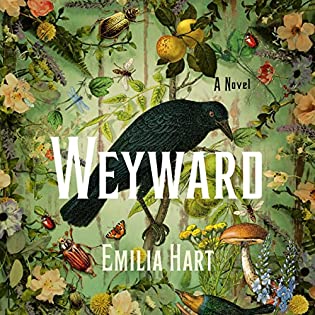 Weyward by
Weyward by 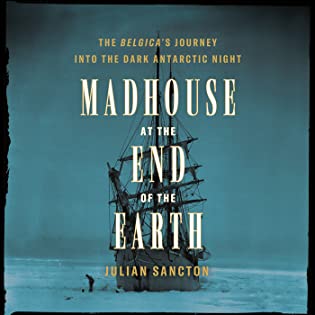 Madhouse at the End of the Earth: The Belgica's Journey into the Dark Antarctic Night by
Madhouse at the End of the Earth: The Belgica's Journey into the Dark Antarctic Night by 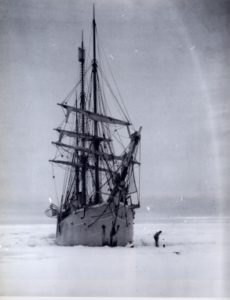
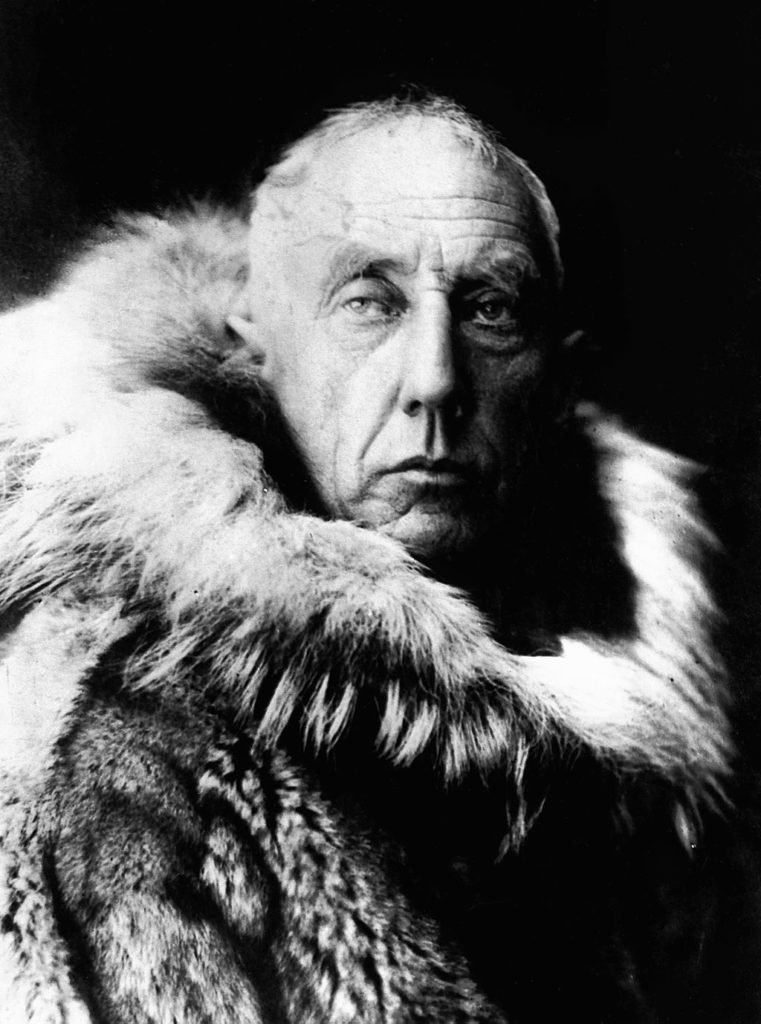
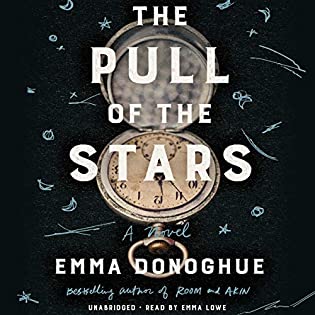 The Pull of the Stars by
The Pull of the Stars by 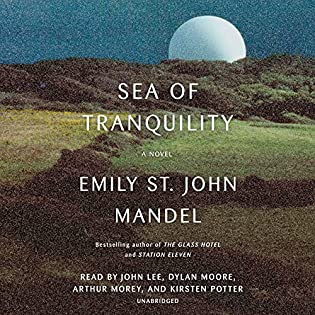 Sea of Tranquility by
Sea of Tranquility by  The Age of Innocence by
The Age of Innocence by